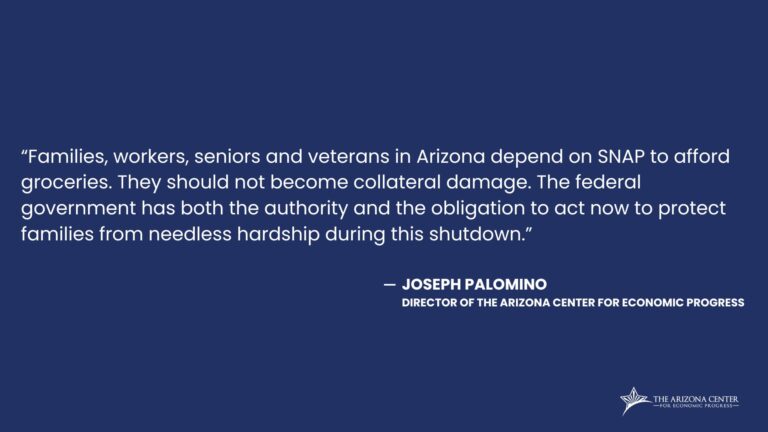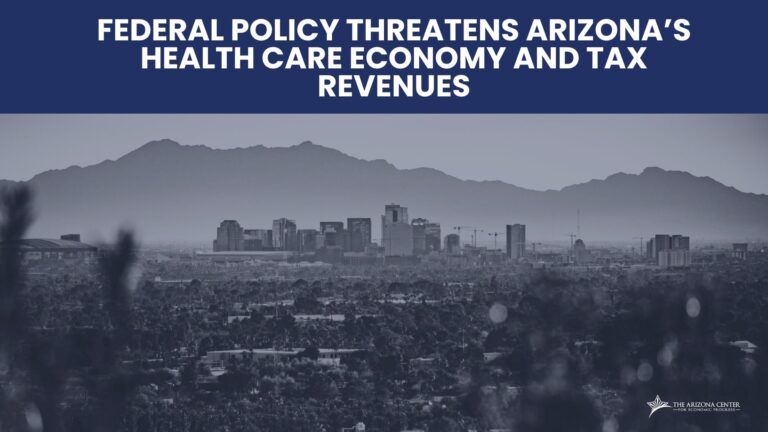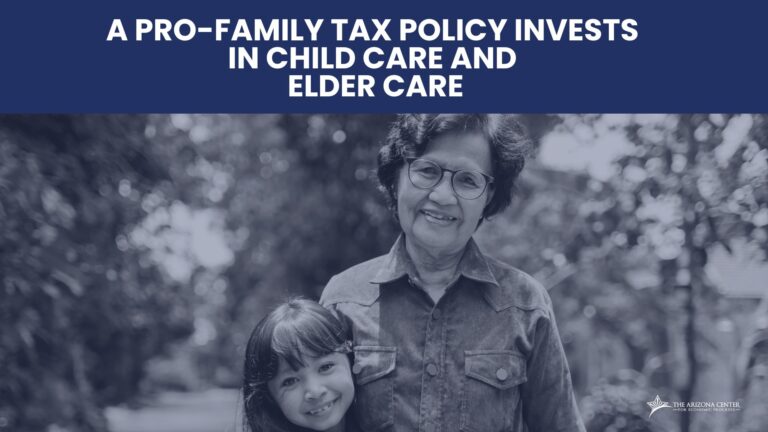
Legislature moves to stifle local workers
Arizona’s cities and towns have enacted policies designed to support working people for decades. In November 2021, 65 percent of Tucson voters passed the Tucson Minimum Wage Act, increasing the City’s minimum wage to $15.00 an hour by 2025. This law, like Flagstaff’s Minimum Wage Act, allows any Arizonan working within the city limit to earn more money than the state minimum wage. The Tucson Minimum Wage Act follows a growing demand and pattern across the state– local government and local initiatives meeting the needs of their communities, local economies, and paving the way for new working standards. However, the state legislature is attempting to reverse these standards through new preemption laws.
Across the nation, state governments are preempting the authority of cities over everything from plastic-bag fees to smoking bans to gun laws to anti-LGBT laws.
HCR2031 would refer to the voters in the 2022 general election a state preemption bill that would override local labor ordinances. This bill would prohibit local governments from establishing city labor standards, instituting programs like paid family medical leave, and setting minimum wages higher than the state minimum wage, even in cases where local costs of living are significantly higher than the state average. For instance, Arizona’s cost of living is 3.2 percent higher than the national average and now has the 18th highest cost of living in the country. Local minimum wage laws play a key role in ensuring that local workers can continue to afford the basics in their cities and towns where the cost of living is higher than other parts of the state.
State policies often cannot account for the diverse and unique needs of all communities. Some cities and towns facing especially high costs of living, rising inequality, and other economic conditions that bring about consequences felt uniquely at the local level. Voters in these jurisdictions should have the right to improve wages and working conditions for their communities (and as previously mentioned, many already have). While the Arizona legislature could work to pass bills aimed at increasing the minimum wage, enacting a statewide paid family and medical leave program, or guaranteeing child care for more families, many legislators have refused to do—for years. And instead of prioritizing family budgets, voters and workers have propelled Arizona’s state economy forward, while state elected officials are focused on tying the hands of local governments—the very governments that have proven most responsive to improving the outlook for families struggling to make ends meet.
HCR2031 is the latest bill of the ever-expanding list of preemption laws that are noticeably becoming more politicalized and focused on hindering the role of local government rather than addressing the needs of working people and their communities.



